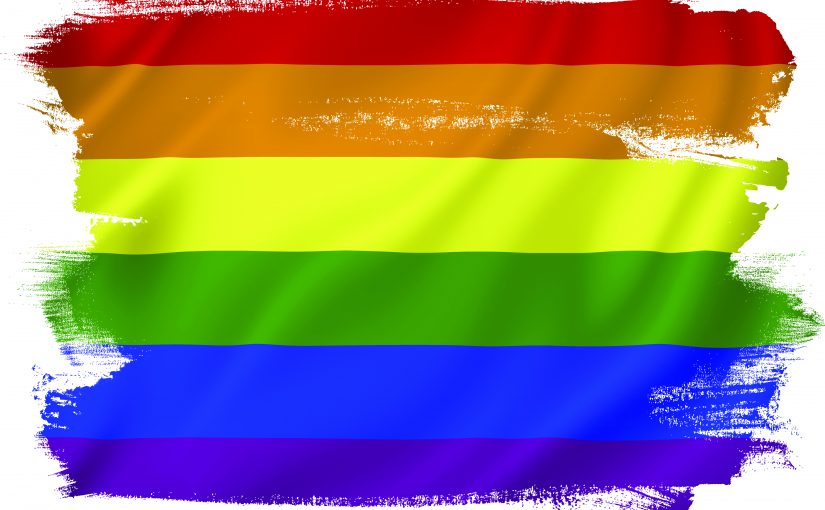
Responding to the myriad of issues and demands placed on law enforcement agencies by diverse community groups can often be overwhelming for law enforcement executives. Even with the best intentions and efforts by an agency, addressing the community’s needs are, in many cases, further hampered by mainstream and social media rhetoric that frequently portrays law enforcement agencies as being stoic, aloof, and woefully unwilling or unprepared to broach sensitive issues—including those involving the lesbian, gay, bisexual, transgender, and queer or questioning (LGBTQ) community. Since the 1950s, police agencies throughout the United States, including Seattle, responded to McCarthy-era fears that depicted members of the gay community as plagues on society, socially deviant, and direct threats to national security. The “explanation” at the time was that closeted gay men could be easily recruited by Soviet spies and, as a result, should be ineligible to hold any government jobs, including the position of civilian police officers. This view, combined with the historic practices of systemic extortion involving police officers “shaking down” gay business owners through the late 1960s, led to fears and mistrust of law enforcement and government within the LGBTQ community. The infamous 1969 Stonewall riots in New York City were a result of the LGBTQ community pushing back on generations of police oppression and, ultimately, the fuse that lit the U.S. gay rights movement.


